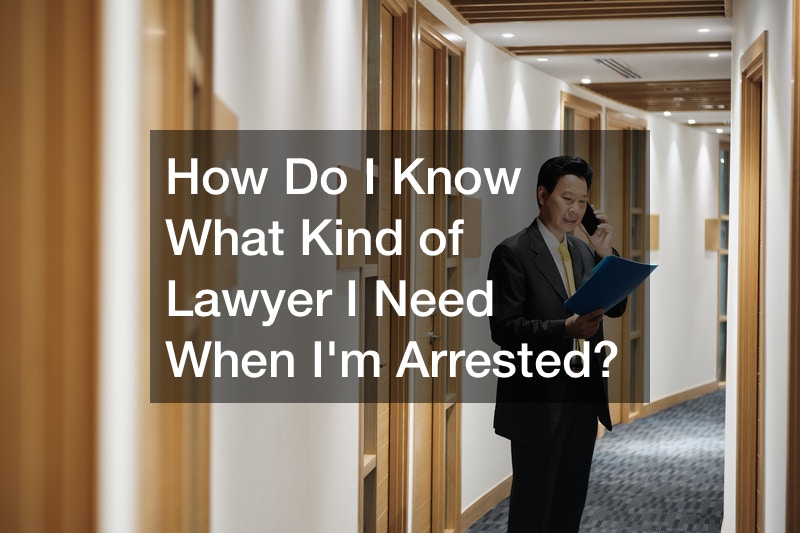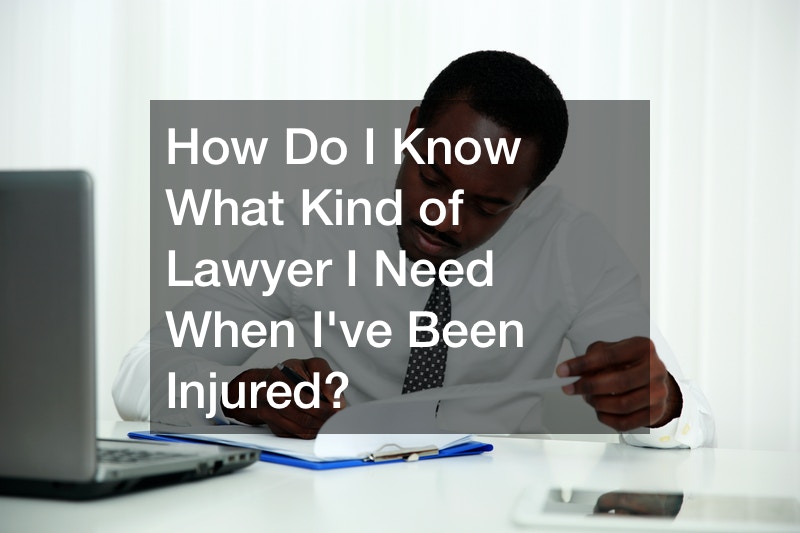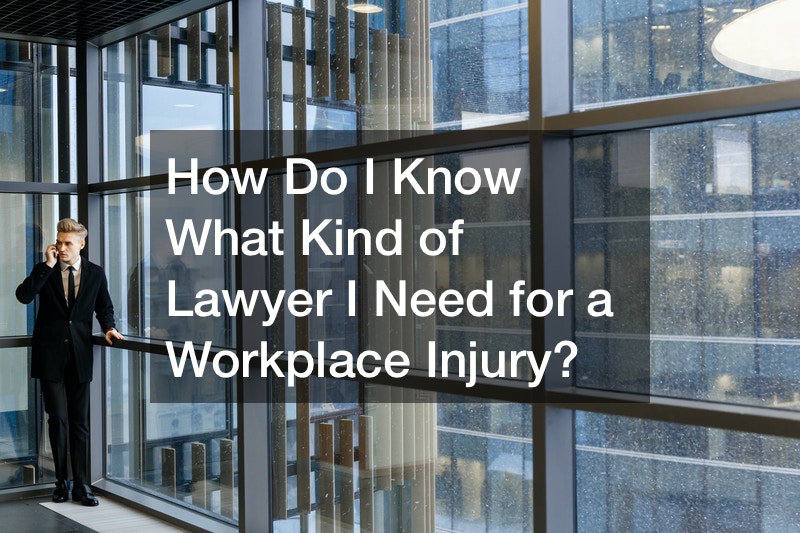Most people do not routinely hire lawyers. Instead, they only hire a lawyer when they have a pressing legal problem, such as an arrest or divorce.
When have a legal problem, you will need to answer many questions:
- Do I need a lawyer?
- How much will a lawyer cost?
- How do I know what kind of lawyer I need?
Whether you need a lawyer will depend on the situation. Many legal problems can be handled by you without the help of a lawyer. For example, when you need a business license to start a new venture, you can usually prepare the forms by yourself. Similarly, if you have a dispute with the local garage over your car repairs, you may be able to work out a solution without hiring a lawyer or filing a lawsuit.
The cost of a lawyer will vary based on the work the lawyer performs. Lawyers have three ways to bill:
- Hourly fee: A lawyer will bill an hourly fee that is billed for the time that the lawyer spends on your case. Lawyers charge hourly fees for work that require an indeterminate amount of work. For example, litigators usually charge an hourly fee.
- Flat fee: A lawyer will usually charge a flat fee for work that involves a predictable amount of work. For example, filing a trademark application will usually be billed as a flat fee.
- Contingency fee: A contingency fee is based on the outcome of the case and is usually calculated as a percentage of the damages recovered. Not all lawyers bill a contingency fee. Some of the common cases that might be handled on a contingency fee include personal injury and workers compensation.
The question, how do I know what kind of lawyer I need is more complicated to answer. All lawyers receive the same education. They only choose a practice area after they leave law school and join a law firm.
While at their first firm, lawyers learn a practice area through experience and mentoring. While some lawyers go to work for a general practice local law firm, many go to a boutique firm that limits its practice to one field of law. Lawyers can also join a practice group in a large firm to focus on a specific area.
Over time, the lawyer develops knowledge and expertise in a practice area so that the lawyer can handle almost any legal problem you have within that field.
Here are some of the various practice areas and what they cover. This can help you answer the question, how do I know what kind of lawyer I need?
How Do I Know What Kind of Lawyer I Need for a Family Problem?
Family law covers many legal issues. When your legal problem involves the legal relations between family members, you probably need a family lawyer.
Some examples of the issues handled by family lawyers include:
- Divorce: Divorce dissolves a marriage and settles the couple’s legal affairs. The divorce decree addresses child custody and visitation, child support, property division, and spousal support.
- Adoption: A court must grant an adoption according to the state’s adoption laws. This may include an investigation into the adoptive parents and a court hearing.
- Guardianship: if an adult cannot make legal decisions, someone can petition for guardianship. Seniors with dementia and adults with developmental disabilities are examples of people who might need guardians.

How Do I Know What Kind of Lawyer I Need to Deal With Creditors?
Bankruptcy law deals with the procedures for an orderly discharge of debts and bankruptcy lawyers have the knowledge and experience to apply the bankruptcy procedures to your situation.
Most bankruptcies are not caused by irresponsible spending. Rather, most result from an emergency, like a medical problem, that costs more than the victim has. As a result, the person’s debt exceeds their ability to pay.
In bankruptcy, the bankruptcy lawyer proposes a repayment plan and works with the creditors to implement it. In most cases, the repayment plan allows the debtor to spread out payments and may require the creditor to cut the balance due.
At the end of the bankruptcy, the debtor is essentially debt-free. However, the bankruptcy will remain on the debtor’s credit history for at least seven years. In this win-win scenario, the creditors get partial payment of the debt and debtors get relief from the creditor and its collection agency.

How Do I Know What Kind of Lawyer I Need When I’m Arrested?
An arrest triggers a series of events that is difficult to stop. When police see you commit a crime or have probable cause to believe you committed a crime, they can legally arrest you.
After arrest, the charges are forwarded to the local prosecutor’s office where the prosecutor files charges against you. Once charges are filed, you are arraigned in court. At the arraignment, you are informed of the charges. You may also have a bail hearing at the same time. This is when your bail is set.
The arraignment and bail hearing will probably be your first opportunity to speak to a criminal defense lawyer. Depending on your financial situation, you may receive a free public defender, or you may need to pay a private defense lawyer. Specifically, if you are indigent under the local court’s rules, the government must provide a lawyer to you for free. But if you do not qualify as indigent, you must pay for your own lawyer.
In either case, the role of the criminal defense attorney is the same:
- Safeguard your rights: If the investigation, arrest, or interrogation violated your constitutional rights, the lawyer can raise these as grounds to get you released.
- Challenge the evidence: Your lawyer can challenge the prosecution’s evidence to make sure it means what they say it means.
- Advocate for you: Whether you go to trial or negotiate a plea bargain, your lawyer will advance your legal positions and argue for an outcome that is fair to you.
No criminal defense attorney can guarantee an outcome in your case. But having a defense attorney by your side will hopefully ensure that the process is fair.

How Do I Know What Kind of Lawyer I Need When I’ve Been Injured?
Personal injury law covers many types of injuries. And while not every personal injury attorney handles every type of case, many can switch gears and handle almost any kind of personal injury case that you bring to them.
Some kinds of personal injury cases that you might need a personal injury lawyer to handle include:
- Vehicle accident: By far the most common case handled by most personal injury lawyers is car accidents. This is why you might find that a personal injury lawyer also advertises as a car accident lawyer. But liability for car accidents is determined using the same principles as other forms of personal injury. Specifically, the negligent driver in a car accident usually bears financial responsibility for the injuries and property damage resulting from the accident. If multiple drivers were negligent, their share of the financial responsibility will be determined by their contribution to the accident. Your lawyer will help you by answering questions like, “What happens at mediation for auto accident?”
- Medical malpractice: Medical error is a leading cause of injuries and death to people who have been hospitalized. For example, if you have been hospitalized for knee surgery, a doctor might operate on the wrong knee requiring further hospitalization. A medical error usually falls into three categories — diagnosis error, treatment error, and communication error. When a healthcare provider fails to provide reasonable care under the circumstances, you may be able to sue for medical malpractice.
- Animal bites: Pet owners are responsible for injuries caused by their pets. The extent of their liability depends on the state where the attack occurred. In some states, dog owners are strictly liable for dog attacks. This means that an animal attack injury attorney only needs to prove that the dog belonged to the dog owner and that the victim was lawfully on public or private land. Once these are proven in a strict liability state, the dog owner is liable for the victim’s injuries. In other states, only negligent dog owners are liable for dog attacks. This means that the lawyer must prove the dog owner failed to take reasonable measures to prevent the dog attack. In many cases, this requires proof that the dog owner knew about the dog’s tendency to bite.
- Slip and fall accidents: People or businesses that control property have a duty to take reasonable measures to make their premises safe for guests. Usually, this means they must take reasonable steps to discover hazardous conditions and either remedy them or warn guests about them. The classic example is a grocery store where something has spilled on the tile floor. The store has a responsibility to investigate customer reports of a spill in a reasonable time frame, place a warning sign until the spill can be cleaned, and clean the spill within a reasonable time. If the store fails to take these measures and someone slips and injures themselves, the store is liable for the injuries.
In any of these cases, the damages available to injured people will include compensation for past and future medical expenses. Medical expenses can include the costs for medical treatment, physical therapy, emotional or mental counseling, and medication.
Damages also include past and future lost income. Thus, a person who misses three days of work while hospitalized with a concussion can claim three days’ wages as damages. If the person must also serve light duty for three weeks while they recover from the concussion, the person can claim the difference between their normal wage and the light duty wage.
Finally, damages include non-economic losses. Examples of these losses include pain (physical anguish), suffering (mental anguish), inconvenience, loss of activities, and diminishment in the quality of life caused by the injuries. For example, if a person breaks a leg in a car accident, the injury was painful and required pain medication, caused insomnia, prevented the person from driving while the leg recovered, and prevented the person from engaging in normal life activities like exercising and playing with the kids. Non-economic damages place a value on all these losses.

How Do I Know What Kind of Lawyer I Need for a Workplace Injury?
One kind of personal injury that you cannot file a lawsuit for is a workplace injury. When you are injured on the job, your employer is immune from lawsuits. But you are guaranteed workers compensation benefits.
Workers comp pays for all necessary medical treatment, therapy, and medication for your on-the-job injury. It also pays partial income replacement. Although every state’s workers comp laws are different, workers comp often pays 80% of your wages while you are unable to work. Once you return to work, workers comp pays the difference between your normal wage and the wages you earn, if you have to switch jobs or work fewer hours due to your accident.
Occasionally, the workers comp insurer will deny a claim. For example, if the insurer believes your injury was faked or exaggerated, the insurer can deny benefits. When this happens, you might need to hire a workers compensation lawyer to present your arguments to the state workers comp board. If they agree the injury was genuine, they will order the insurer to pay the benefits.
When you need to answer the question how do I know what kind of lawyer I need? you can often look at the type of dispute to get your answer. For example, a dispute with an insurance company over a claim for storm damage will usually be handled by an insurance attorney. Similarly, the steps to form a corporation for your new business can usually be handled by a business lawyer.
But the one thing you should avoid is going without a lawyer when you need one. Legal disputes are often very complicated and the cost of a mistake could be very high.

